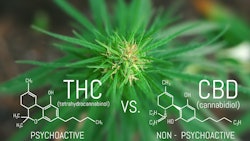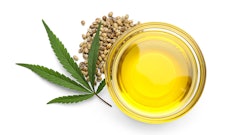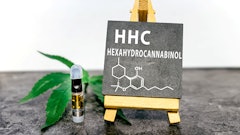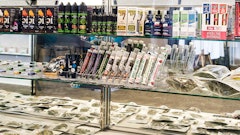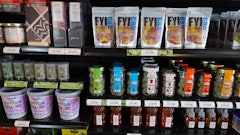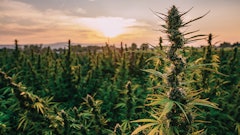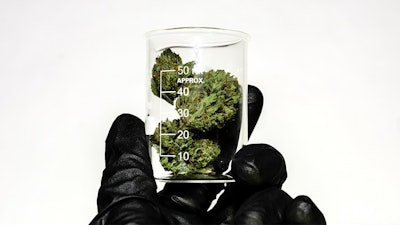
Various hemp cannabinoid products in the marketplace may not have the same cannabinoid content as their labels state, and they may contain harmful contaminants, sources tell Cannabis Business Times.
As CBT has reported, “lab shopping” is an issue that occurs in state-legal cannabis markets. There is evidence that some cannabis producers look to work with labs to inflate THC potency results to meet consumer knowledge and demand for high-THC products, and some producers search for labs that will provide favorable test results for microbiological contaminants, pesticides or residual solvents, according to CBT’s sources.
But lab shopping is also happening in the hemp industry, with some producers searching for lab partners that will deflate hemp THC potency results to below the 0.3% delta-9 THC federal limit, mislabel content of other cannabinoids—such as CBD, CBG, delta-8, delta-10, THC-O acetate or hexahydrocannabinol (HHC)—and/or not test for contaminants.
Josh Wurzer is president and co-founder of cannabis testing laboratory SC Labs, which operates hemp and cannabis testing labs in several states. He says a portion of hemp producers ask labs for lower potency figures so they can meet the federal 0.3% delta-9 THC limit. He says SC Labs doesn’t honor these requests, but some other labs do.
“So, you have [state-legal cannabis] customers calling and saying, ‘Hey, I need higher THC results,’ or implying that, and going to another laboratory that will give to them,” Wurzer says. “But then you also have your hemp customers saying, ‘I need lower THC results to pass my 0.3% threshold for hemp products.’”
Roger Brown is founder and president of ACS Laboratory in Sun City Center, Fla., which tests hemp from 48 states and 16 countries, as well as Florida medical cannabis. He also spoke with CBT about potency inflation in state-legal cannabis markets, but says “lab shopping is quite rampant in the hemp industry, as well.”
Outlining some of ACS Laboratory’s work with hemp companies, Brown says most of the hemp producers that follow Good Manufacturing Practices (GMP) that the lab works with request full-panel tests from the lab. GMP clients also visit the lab to conduct audits, he says.
He points out that ACS Laboratory has a test called the National Hemp Testing Panel that he says is compliant with hemp rules in every state. With the panel, according to a press release, the lab “tests for 18 cannabinoids, 105 pesticides, 24 heavy metals, 55 potential residual solvents, 17 different microorganisms, and every required mycotoxin to detect parts per billion, as well as for moisture content, water activity and terpenes (upon request).”
But that’s far from what is federally required and what some hemp producers are doing, Brown says. Federal regulators haven't enacted rules for hemp finished-product manufacturing and testing, which he says is a problem because hemp manufacturers can solely request potency tests from any testing lab and, depending on state regulations, avoid contaminant testing altogether.
“They don’t know if the product has any contaminants in it, if it has any microbiological problems in it,” Brown says. “They just do a potency test. So, if they’re just doing a potency test, how do you know that it’s not harmful? It could be harmful.”
Another issue, he says, is that producers shop for labs where they can “get elevated numbers for any derivative or cannabinoid—because they like to get those numbers.”
Kelsey Hanley, compliance expert at Allay Consulting, suggests that producers receive all their test results from a single lab “because what we’ve seen is, the same sample will be sent out to several different labs, trying to get different numbers, and then only accepting certain numbers.
“In the hemp space, it’s super popular because it's not tracked in any state-required tracking system, so they can send a sample out to go get heavy metal testing and then the same sample sent out for pesticides and residual solvents, and trying to collect all the different data points that they want. So, it’s a single batch that they then send out to all of these different labs, trying to collect the numbers that they want to reflect their product.”
Brown says the future of cannabis and hemp rests in trusted cannabis brands, as brands can provide a reliable quality of product no matter where their products are purchased.
“When you go to the grocery store and you walk down the aisle where they sell soup and you pick up a can of Campbell’s Soup, you don't question what's in the Campbell’s Soup,” Brown says. “You trust the brand of the Campbell’s Soup. And the future of cannabis and hemp is trusted brands.”










